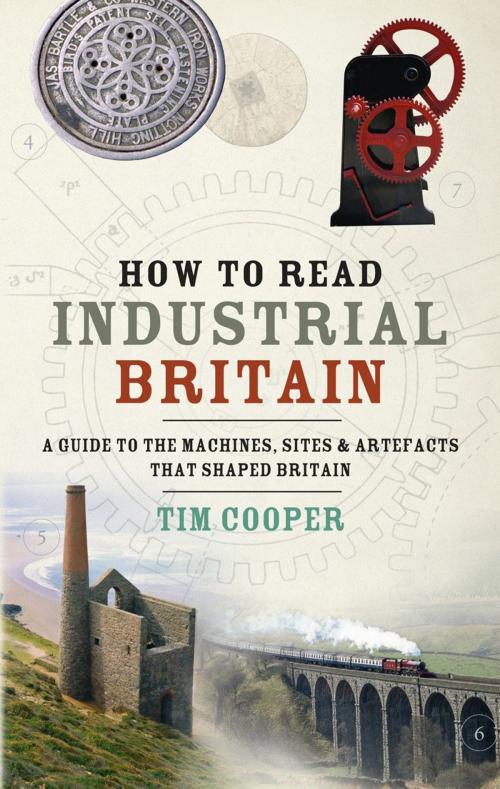How to Read Industrial Britain
Nonfiction, Social & Cultural Studies, Social Science, Archaeology, Art & Architecture, Architecture, History| Author: | Tim Cooper | ISBN: | 9781407027418 |
| Publisher: | Ebury Publishing | Publication: | August 19, 2011 |
| Imprint: | Ebury Digital | Language: | English |
| Author: | Tim Cooper |
| ISBN: | 9781407027418 |
| Publisher: | Ebury Publishing |
| Publication: | August 19, 2011 |
| Imprint: | Ebury Digital |
| Language: | English |
From steam engines and suspension bridges to canals, factories and pubs, the Industrial Revolution of the 18th and 19th centuries transformed the social and material landscape of Britain. Yet how many of us know why our local pub looks the way it does or why a railway station might resemble a cathedral? This book reveals how, by 'reading' buildings, structures and townscapes, we can understand their context and significance for the society that created them.
Author Tim Cooper uses themes including transport, education and religion to show how the geographical and architectural remains of industrial Britain have shaped us as a people. He sheds light on how and why the pioneers of the Industrial Revolution redesigned our towns and countryside, and draws on a wealth of British sites to explain, for instance, how canals were instrumental in the expansion of industry, or why affluent suburbs are usually situated in the west end of a town.
This book is a joy for anyone wanting to investigate our industrial heritage and discover the secret history behind familiar, everyday features of our urban and rural landscapes.
From steam engines and suspension bridges to canals, factories and pubs, the Industrial Revolution of the 18th and 19th centuries transformed the social and material landscape of Britain. Yet how many of us know why our local pub looks the way it does or why a railway station might resemble a cathedral? This book reveals how, by 'reading' buildings, structures and townscapes, we can understand their context and significance for the society that created them.
Author Tim Cooper uses themes including transport, education and religion to show how the geographical and architectural remains of industrial Britain have shaped us as a people. He sheds light on how and why the pioneers of the Industrial Revolution redesigned our towns and countryside, and draws on a wealth of British sites to explain, for instance, how canals were instrumental in the expansion of industry, or why affluent suburbs are usually situated in the west end of a town.
This book is a joy for anyone wanting to investigate our industrial heritage and discover the secret history behind familiar, everyday features of our urban and rural landscapes.















